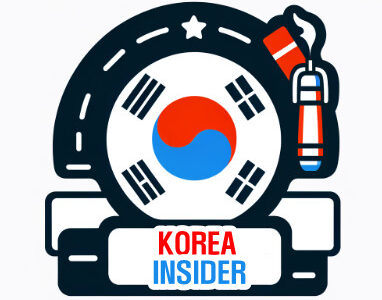The D10 visa, commonly referred to as the Job Seeking Visa, is a pivotal resource for foreign nationals aiming to find employment in South Korea in specialized fields such as academia, research, technology, professional occupations, art performances, and specific activities. This visa type is especially crucial for international students transitioning from a D2 (Student Visa) to actively engage in job-seeking activities post-graduation within South Korea.
Overview of the D10 Visa Application Process and Eligibility Criteria
Eligibility and Scoring System: To qualify for the D10 visa, applicants must navigate through a structured scoring system designed to evaluate their potential contribution to the Korean workforce. The scoring criteria encompass basic and elective categories, with a minimum threshold of 20 points required from the basic category and an overall score of at least 60 points to be eligible for application. Notably, graduates from Korean institutions are exempt from this scoring system for their initial change from a D2 to a D10 visa, simplifying the process for those who have completed their studies locally.
Required Documentation:
- Passport and Alien Registration Card: Essential for identity verification and legal status in Korea.
- Application Fee: Necessary for processing the visa application.
- Comprehensive Application Form: A standard form detailing the applicant’s information and intent.
- Proof of Residence: Documents to verify the applicant’s living arrangement in Korea.
- Tuberculosis (TB) Test Results: A health requirement to ensure public safety.
- Job Seeking Plan: A detailed strategy outlining the applicant’s approach to finding employment in Korea.
- Academic Credentials: Proof of educational qualifications, essential for job seeking in specialized fields.
- Work Experience Documents (if applicable): To demonstrate professional background and skills.
- Training Certificates (if applicable): For those who have undergone relevant training in Korea.
- Korean Language Proficiency Documents (if applicable): Scores from TOPIK or other recognized Korean language proficiency tests.
- Financial Stability Proof (for some applicants): To ensure the applicant can support themselves during their job search.
For first-time applicants transitioning from a D2 visa, the requirement for financial proof is waived, making the initial application process less burdensome. However, for those seeking to extend their D10 visa, the scoring system will apply, necessitating a comprehensive preparation to meet or exceed the minimum score requirement.
Important Considerations and Additional Information
- The D10 visa typically grants a 6-month stay, which can be extended upon meeting the scoring criteria. It’s crucial for applicants to prepare for this by enhancing their qualifications, such as improving Korean language proficiency, to ensure eligibility for extension.
- The application process might require additional documents based on the immigration office’s assessment, making it essential for applicants to be prepared for potential requests for further information.
- A successful job-seeking plan should reflect realistic and achievable goals, considering the applicant’s background, the job market in Korea, and specific industry demands.
Given the complexity and the detailed nature of the D10 visa application process, it’s highly recommended for potential applicants to conduct thorough research and possibly seek professional advice. This ensures a well-prepared application, aligning with the Korean government’s requirements and increasing the chances of successful job acquisition in Korea.

